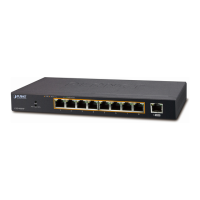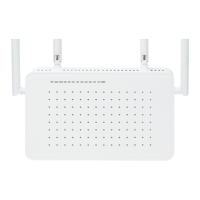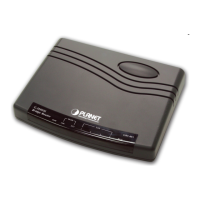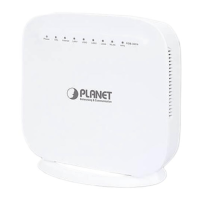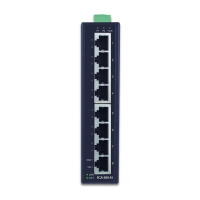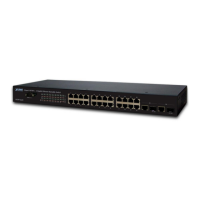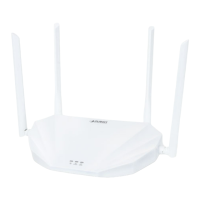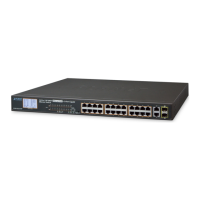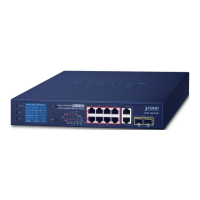User’s Manual of GS-4210-16T2S_24T2S_16P2S_24P2S_48T4S
4.3.9 EEE
What is EEE
EEE is a power saving option that reduces the power usage when there is low or no traffic utilization. EEE works by powering
down circuits when there is no traffic. When a port gets data to be transmitted all circuits are powered up. The time it takes to
power up the circuits is named wakeup time. The default wakeup time is 17 us for 1Gbit links and 30 us for other link speeds.
EEE devices must agree upon the value of the wakeup time in order to make sure that both the receiving and transmitting
device has all circuits powered up when traffic is transmitted. The devices can exchange wakeup time information using the
LLDP protocol. EEE works for ports in auto-negotiation mode, where the port is negotiated to either 1G or 100 Mbit full duplex
mode. For ports that are not EEE-capable the corresponding EEE checkboxes are grayed out and thus impossible to enable
EEE for. The EEE port settings relate to the currently unit, as reflected by the page header.
When a port is powered down for saving power, outgoing traffic is stored in a buffer until the port is powered up again. Because
there are some overhead in turning the port down and up, more power can be saved if the traffic can be buffered up until a large
burst of traffic can be transmitted. Buffering traffic will give some latency in the traffic.
The EEE Port Settings screens in Figure 4-3-18 and Figure 4-3-19 appear.
Figure 4-3-18: EEE Port Settings Page Screenshot
The page includes the following fields:
Object Description
• Port
Select port number for this drop down list.
• Enable
Enable or disable the EEE function.

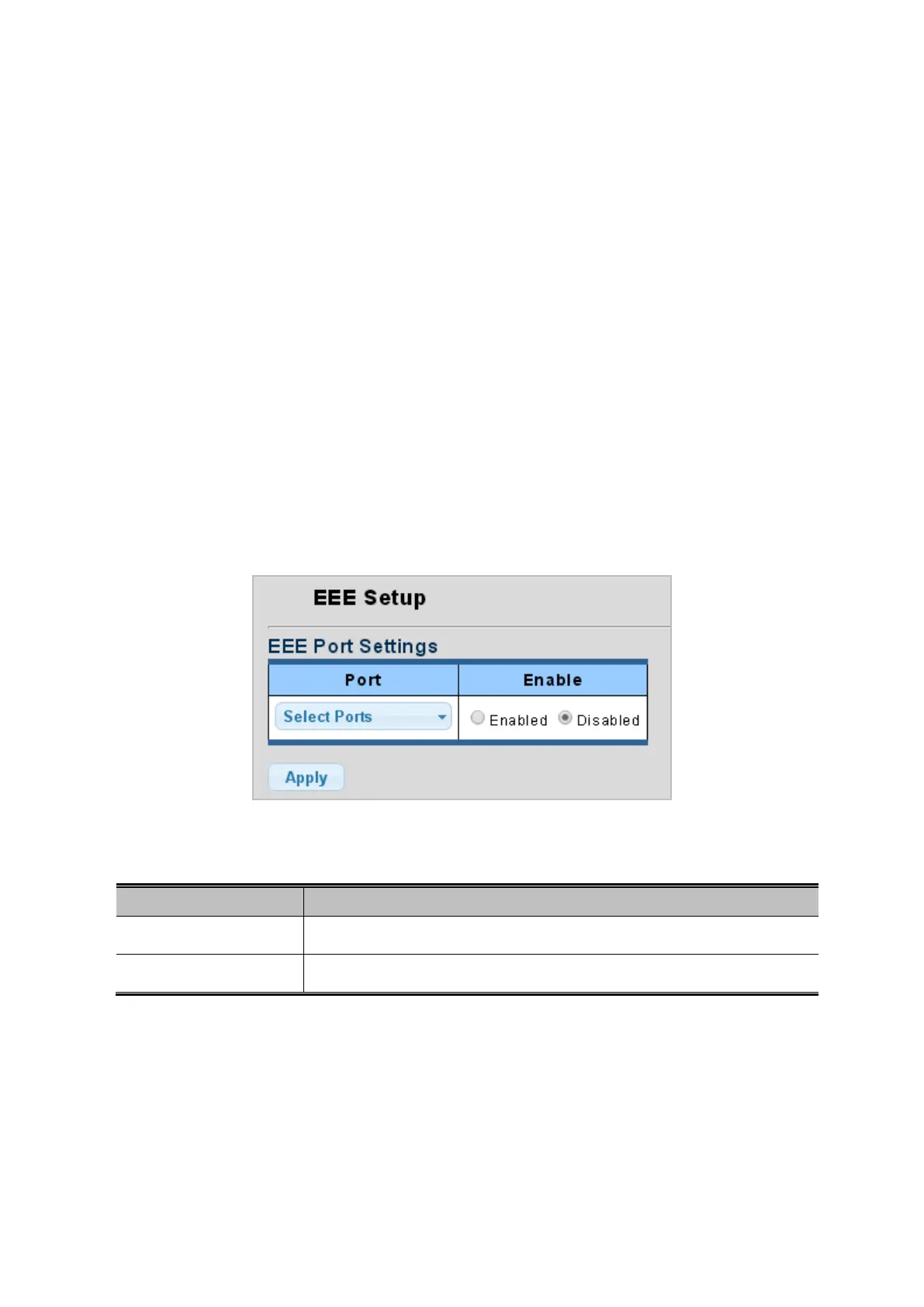